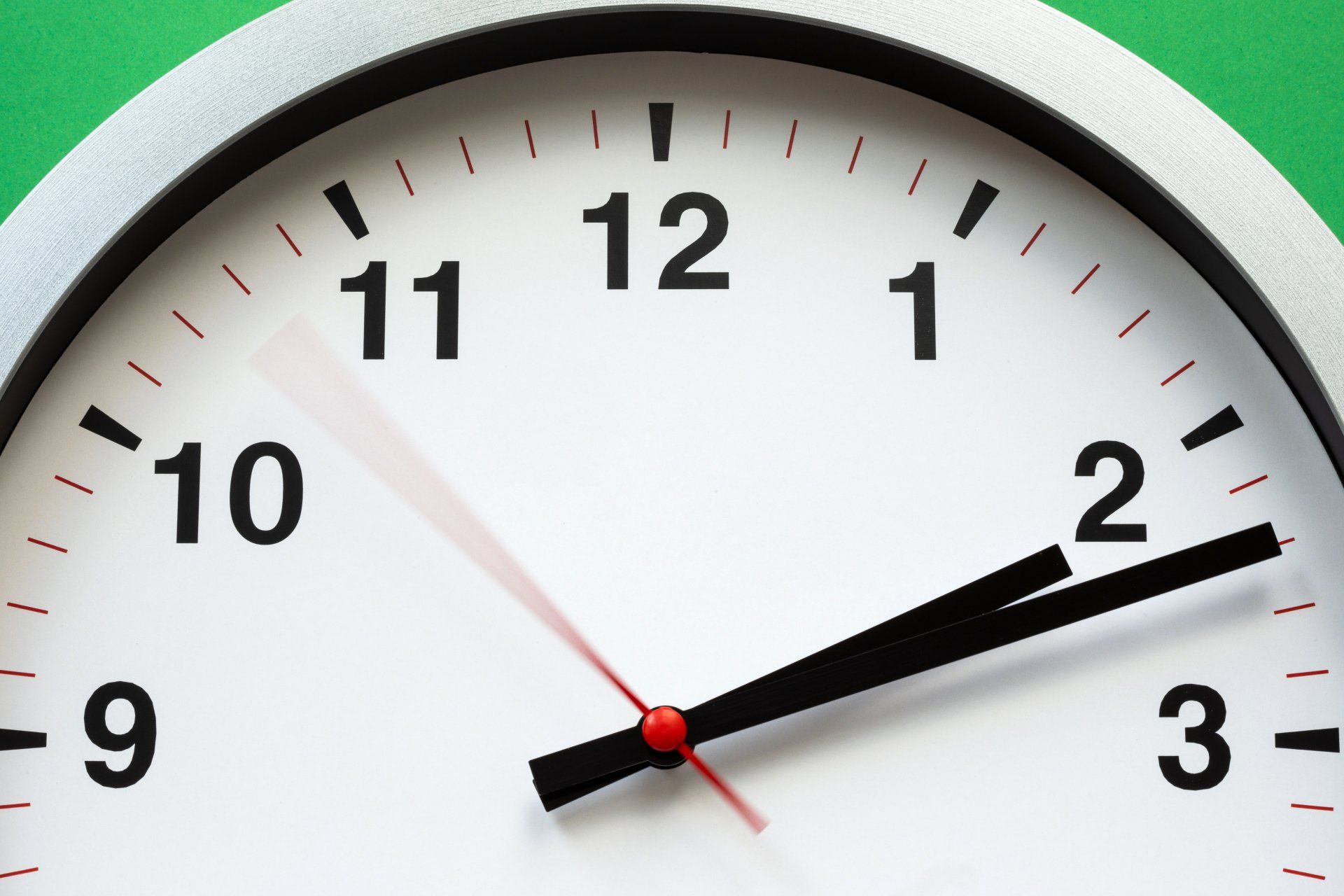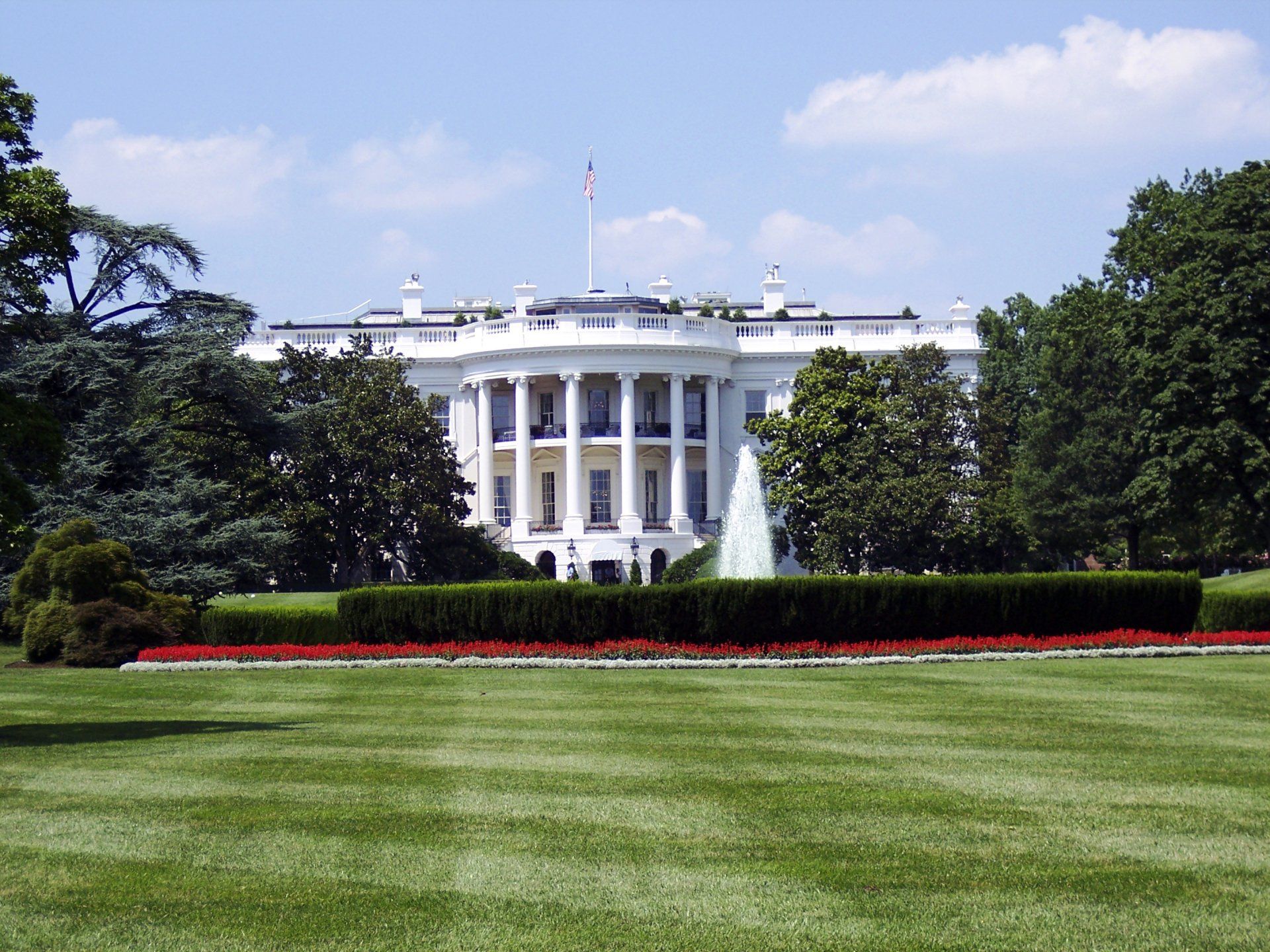How Virginia Became a Model For Voting Rights
News media in recent weeks has been dominated by coverage of a wide-ranging voting bill passed by Georgia’s legislature and signed into law by the governor. Critics say the law places unnecessary restrictions on voting and elections in the state. The law sharply limits the number of absentee ballot drop boxes allowed in the state, cuts in half the amount of time voters have to request absentee ballots, gives the legislature more control over elections and makes it a crime to distribute food and water to voters waiting in line to cast their ballots.
Other states like Florida and Texas are working to pass similar legislation, despite enormous pressure from the White House and major corporations. States around the country are taking inspiration from Alabama’s voter ID law, which requires that those voting in-person show a photo ID. This disenfranchises a large percentage of Americans; the ACLU says over 21 million American citizens lack a photo ID. Several states are considering legislation that would make it more difficult to register to vote.
The Georgian voting law and measures in other states to restrict access to voting come just months after the 2020 presidential election, which President Donald Trump falsely claimed was rigged on account of electoral fraud. While claims that the election was stolen have been routinely debunked, it is true that the election saw a record number of voters casting ballots. Now, 361 bills that look to restrict access to voting have been introduced to legislatures around the country, according to the Brennan Center for Justice.
Virginia, on the other hand, has made headlines for expanding protections for voters. The New York Times has called Virginia “a voting rights bastion.” In a press release, Gov. Ralph Northam said Virginia has moved to strengthen democracy and electoral integrity, and urged Congress to adopt similar legislation. Below is a look at some of the most consequential policies the state has put into place to bolster voter rights.
Virginia Voting Rights Act
One of the most notable pieces of legislation to advance out of the 2021 General Assembly session was the Virginia Voting Rights Act. The bill puts back into place many of the key provisions of the federal Voting Rights Act of 1965, which was largely invalidated by a 2013 Supreme Court ruling. Hailed as a key step toward ridding the country of racial discrimination in voting, the Voting Rights Act of 1965 required certain states with a history of voter suppression to seek federal approval before changing voting rules.
With the passage of the Virginia Voting Rights Act, the state is putting similar rules in place for itself. The law requires localities wishing to change election rules to either seek public comment regarding the changes or to get approval from the Attorney General. The Attorney General and voters are also allowed to pursue lawsuits over suspected voter suppression under the law.
The Virginia Votings Rights Act explicitly prohibits any discrimination on the basis of race, color or language. It includes a provision allowing voters to challenge in court any change to the election process that might negatively impact minority communities. And in localities with a sizable percentage of non-English speakers, local election officials are required to provide ballots in languages other than English.
Photo ID Repeal
Recognizing that not all citizens have a government-issued photo ID, Virginia moved in 2020 to repeal a law that required voters to show a photo ID in order to receive a ballot. While voters are still required to show a form of identification when receiving a ballot, the law expands the number of ways a voter can verify their identity.
Automatic Voter Registration
A bill passed by the General Assembly in 2020 transfers an eligible voter’s information to the Department of Elections to be registered to vote when they apply for a driver’s license or make changes to their current license at the Department of Motor Vehicles. This increases the number of people registered to vote and reduces the likelihood of a person mistakenly thinking they’re registered to vote.
State Election Day Holiday
Another 2020 law created an official state holiday on Election Day. By allowing schools to close for the day and giving certain workers the day off, the law makes it easier for more people to cast their votes.
Early Voting
Virginians can cast ballots early for any reason thanks to a bill signed into law in 2020. The law provides for 45 days of early in-person and absentee voting. In the wake of the coronavirus pandemic, over 2.8 million Virginians voted early in the 2020 election. That’s almost five times as many people who voted early in Virginia in 2016.
Another bill passed in 2020 that will go into effect this July creates a permanent absentee voter list. The law enables voters to sign up to automatically receive an absentee ballot via mail during every election cycle.
With these laws, Virginia has made access to voting a priority, strengthening democracy in the state.





